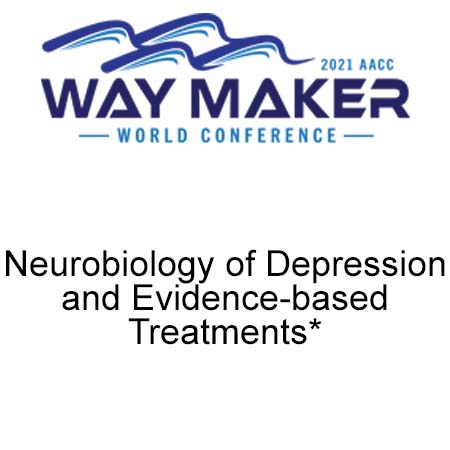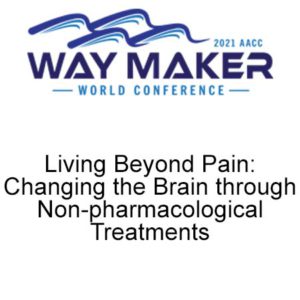Description
030: Neurobiologically Informed Treatment for Depression
Gary Sibcy, Ph.D.
Liberty University
1971 University Blvd.
Lynchburg, VA 24515
Summary
Depression is a complex disease state with alterations in brain circuits (neural networks) involved in regulating attention, motivation, energy, and sense of self. Chronic depression can alter immune system functioning, elevating inflammatory factors resulting in cellular damage to neural networks and alteration in neuronal DNA expression. In this workshop, the presenter will examine how thought patterns, beliefs, behavioral deactivation, and maladaptive relationship factors not only maintain depression, but also impact brain circuits, alter immune response, and impact mood, motivation, energy, and sense of self. Currently, there are a number of evidence-based therapies (cognitive, interpersonal, behavioral activation, mindfulness, etc.) that successfully reduce depression. Utilizing the principles of neurobiology, attendees will be able to identify evidence-based therapy strategies and formulate intervention packages tailor-made to reverse the neurobiological cascade of brain circuit disruption and lead to improvements in mental and physical health. During the last half of the workshop, case studies will be presented to give opportunity for attendees to apply these principles in both assessment and interventions.
Learning Objectives
Participants will:
• Examine how early adversity, combined with contemporary stressful life events, can trigger disruption in neurobiological functioning, resulting in depressive symptoms and patterns of thinking, feeling, relating, and behavior that both exacerbate and maintain disrupted neural networks driving depression
• Describe how psychologists and licensed mental health professionals can assess a client’s exposure to early adversity and current stressful life events and explain to clients how these factors contribute to their current depressive episodes (biologically, emotionally, cognitively, behaviorally, and spiritually)
• Develop case formulation strategies for selecting evidence-based interventions designed to promote brain health, reduce depressive symptoms, improve quality of life, and prevent relapse





